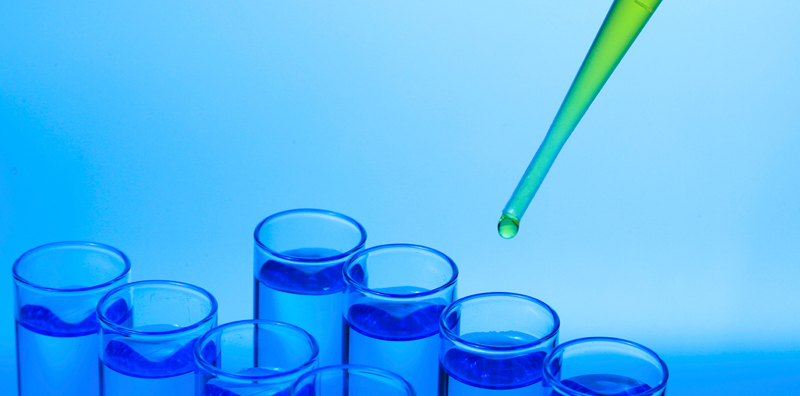
21:46 9th February 2016 | Female Fertility
Ovarian Reserve Fertilisation Pregnancy Miscarriage FSH AMH Follicles Trans-Vaginal Ultrasound Fertility Cycle Eggs
Ovarian reserve is a term that is used to determine the capacity of the ovary to provide egg cells that are not only capable of fertilisation but are more likely to result in a healthy and successful pregnancy. A woman’s ability to become pregnant decreases as she gets older because she has fewer eggs. The quality of her eggs also decreases and they are more likely to have abnormalities. This means that older women have lower pregnancy ...

20:58 9th February 2016 | Conception
Conception Natural Conception Unprotected Sex Fertility Intercourse
Conceiving naturally is the ideal way of getting pregnant and there are several things you can do to improve your chances of becoming pregnant this way. First of all,make sure that you are in the best of health. Get plenty of sleep and exercise regularly. Eat a healthy diet with lots of fruit and vegetables and stop smoking. Take your vitamins and enjoy life with your partner. If you have any niggly health problems, visit your doctor an...
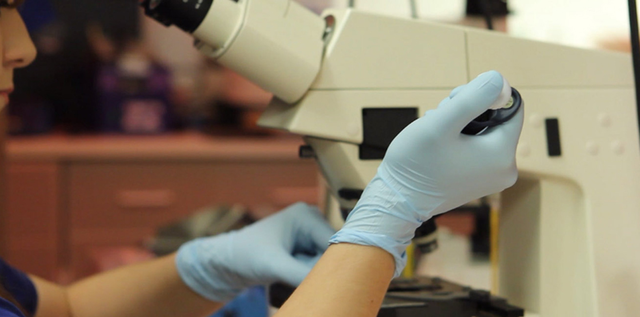
20:55 9th February 2016 | Insemination
Cervix Sperm IUI Intrauterine Insemination Fertilisation IVF
For a woman to get pregnant, a man’s sperm must travel from the vagina through the cervix into the womb and up into one of the fallopian tubes. If the sperm arrives in the tubes soon after the release of the egg from the ovary(ovulation), the sperm and egg can meet in the tube and fertilisation may occur.
The cervix limits the number of sperms that enter the uterus, so only a few sperm make their way to the fallopian tubes. Intrauteri...

20:51 9th February 2016 | Menstrual Cramps
Endometriosis Uterine Lining Cervix Vagina Fallopian Tubes Blood Shed Menstrual Cramps Chronic Pelvic Pain Painful Intercourse Pelvic Surgery Ovarian Cyst Infertility Patients Fertility Problems Pelvic Examination Laparoscopy IVF FET
Endometriosis is a common condition that affects women during their reproductive years. It occurs when tissue similar to the uterine lining (endometrium) attaches to organs in the pelvis and begins to grow. This displaced endometrial tissue causes irritation in the pelvis which may lead to pain and infertility.
Experts do not know why some women develop endometriosis, although there are indications of a correlation between endometrios...
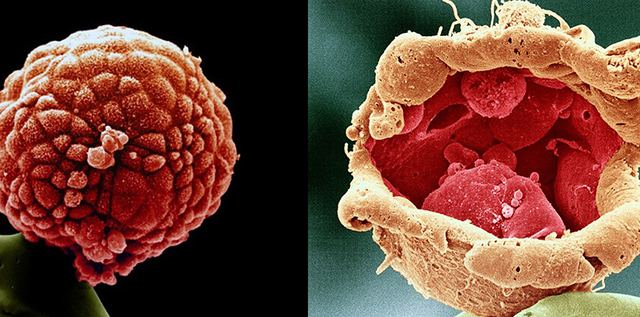
20:34 9th February 2016 | Fertilised Embryo
Blastocyst Embryo Day 5 Transfer Fertilised Embryo Conventional IVF Egg Collection Improved Pregnancy Rate Healthy Embryo Multiple Pregnancies Technologically Advanced Treatment Bridge Clinic IVF Clinic Highest Standards International Excellence
A blastocyst is an embryo that has been developed in the laboratory for five or six days after being fertilised. It is now possible to transfer blastocysts to the uterus as opposed to the conventional IVF approach which involves transferring three or four embryos to the womb, three days after egg collection and fertilisation.
Transferring blastocysts is an exciting development because recent advances in blastocyst culture and transfer...
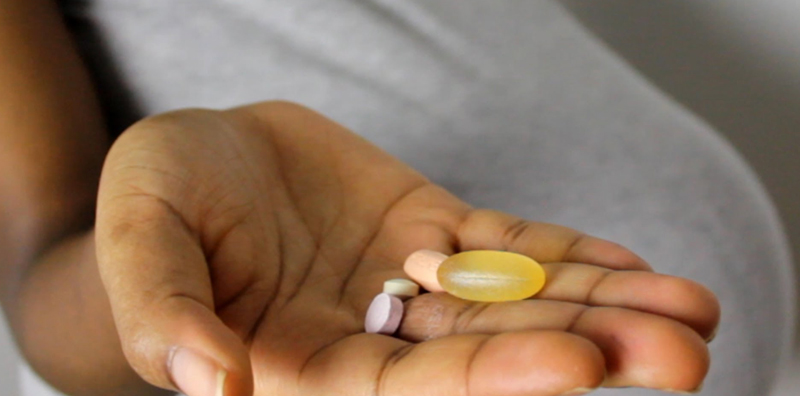
18:23 9th February 2016 | Progesterone Supplements
Hormones Progesterone Menstrual Cycle Uterus Fertilised Eggs Embryo Implants Ovary Plancenta IVF Cycle Premature Ovulation Intramuscular Injection Vaginal Tablets Intravaginally Infertility Treatment Cycles Foetus Natural Progesterone Agents
Progesterone is a hormone produced by the ovary. It is first detected in the middle of the menstrual cycle when an egg is released and progesterone prepares the lining of the uterus to receive a fertilised egg. If pregnancy does not take place, the progesterone levels fall and the woman has a period. If an embryo implants into the lining of the uterus, the ovary will produce progesterone for eight weeks into the pregnancy. After that ti...

17:31 9th February 2016 | Cancer
Fertility Problems Cancer Treatment Damaged Glands Egg Freezing Frozen Embryo Transfer Surgical Procedure Embryo Thawing Cryopreservation Vitrification Advanced Care Ovarian Cancer
Cancer is not an easy subject to discuss, particularly for women who want to become pregnant. Fertility problems may occur when cancer or cancer treatments damage glands or organs involved in reproduction such as the ovaries, the fallopian tubes, the uterus, and the cervix. The ovaries are particularly important because it is where the eggs are stored. Any damage to the ovaries can cause a decrease in the total number of eggs in both ov...
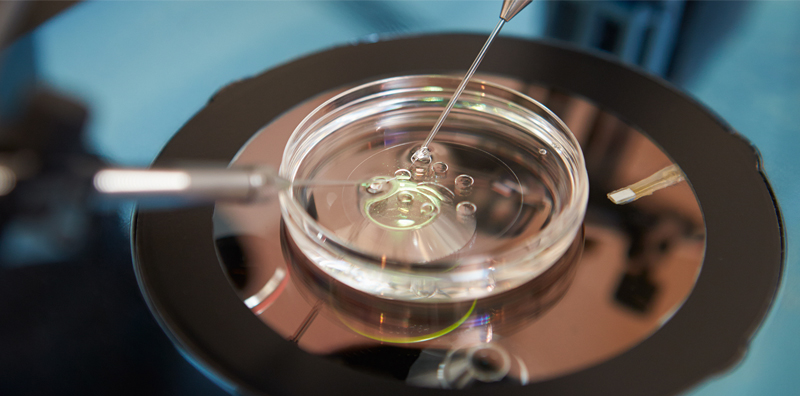
08:05 9th February 2016 | Medical Assessment
Sterility Infertility Fertility Unprotected Intercourse Pregnancy Testicular Factor Abnormal Sperm Production Testosterone Deficiency Genetic Defects Undescended Testes Post Testicular Factors Male Fertility Male Genital System Testicular Sperm Production Prostatic Retrograde Ejaculation Ejaculatory Duct Obstruction Hypospadias Impotence Fallopian Tubes Pelvic Infections Endometrosis Ovulation Cervical Blockage Mucus Production Hormone Testing Sperm Count Microscopic Examination FertilitySure Assessment
Many people use the terms sterility and infertility as if they are interchangeable. They are not and it is important to understand the difference. Primary Sterility is when a couple is unable to conceive after having unprotected intercourse for a specified period. Secondary sterility is when a couple has had at least one child but has been unable to achieve another pregnancy.
There are two categories of infertility. Primary infertilit...

21:27 8th February 2016 | Infertility Treatment
Family Baby Fertility Simple Procedure Infertility Treatment Successful Pregnancy 47% Gold Standard Clients FertilitySure
Today I’m going to talk about something that few people want to talk about. You have been married for a year and there is no sign of a baby. It is vital for you to prove your fertility and your husband wants a family. It is expected and a woman who can’t have a child is a social outcast. Your family, your husband’s family and your friends are looking at you with disapproval. You can’t get pregnant and everyone thinks it is your fault. Y...
04:09 3rd September 2015 | Failed Cycle
Treatment Cycle Review Consultation Good Quality Eggs Older Women Oocytes Donor Multiple Cycles IVF Transplant
The most likely outcome from any treatment cycle even when everything has gone well is not to conceive. This has been explained in the previous post. It is imperative that all couples undergo a review consultation after failure of the treatment to get advise on the best way to move forward. The advice we give will depend on the outcome of the cycle in terms of the number of good quality embryos generated.
Some couples will be advise...
Search by condition, treatment or keyword and conveniently browse our informative articles
Book an appointment online or search for a clinic close to you.
Book an Appointment
We’re here for you from your first appointment to the end of your journey.